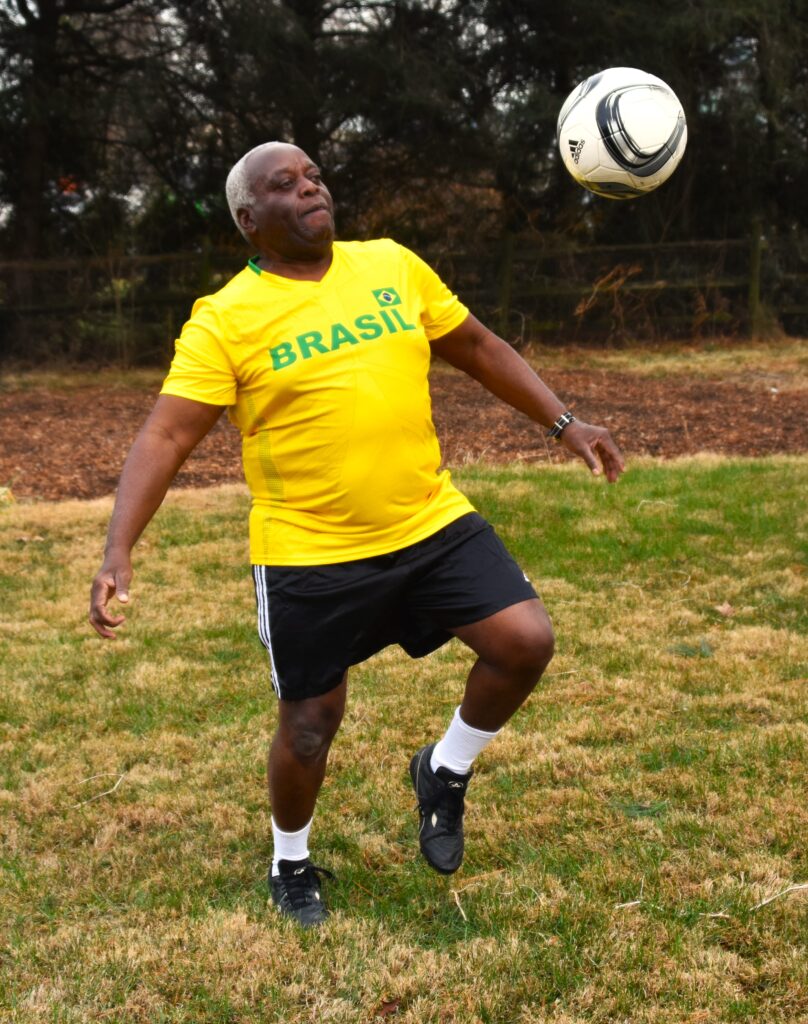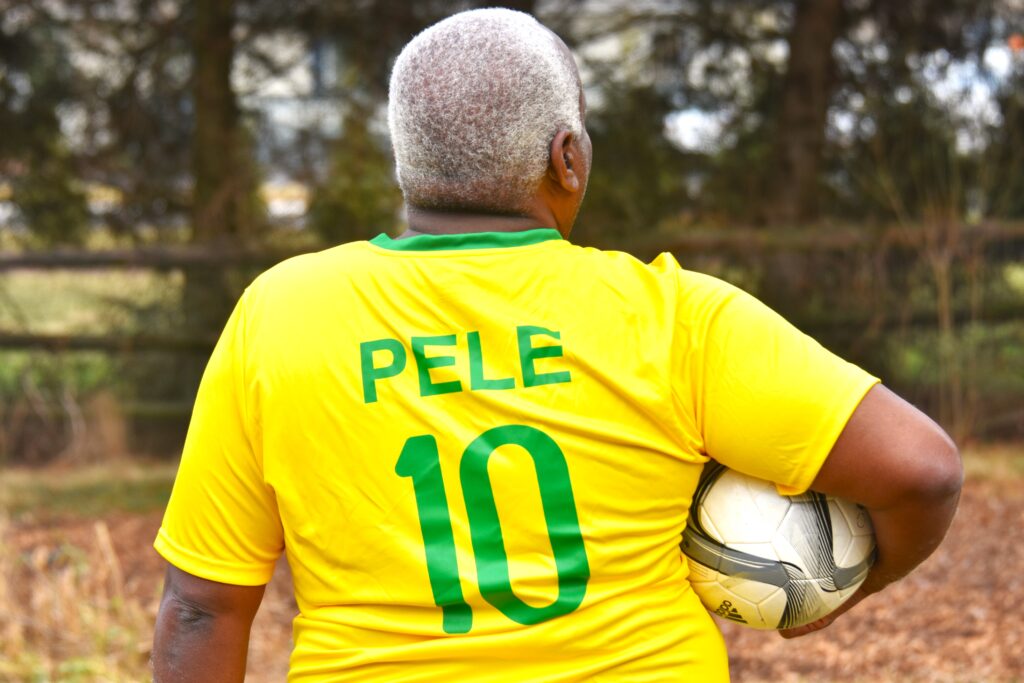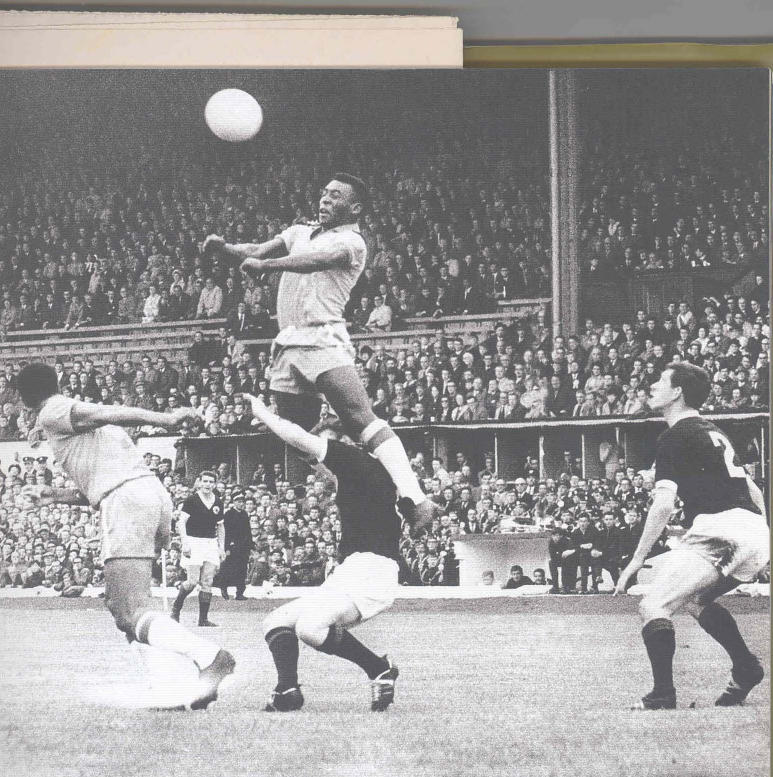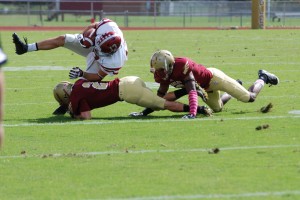by
Mwizenge S. Tembo, Ph. D.
Emeritus Professor of Sociology
Where were you and what were you doing when you heard the news that the greatest football or soccer player in the world Pele had died? I was eating lunch alone in Virginia in the United States at the dining room table in my house as the TV CNN news channel was running. The announcer said “CNN Breaking News”. Once I heard that Pele had died, my hand froze with the next bite of the piece of watermelon I was eating and chewing to finish my lunch. I paused for about a minute to just let the news sink in. I felt terrible but not shocked. Pele had been in the hospital during the recent world cup that had ended just a few days before on December 18 when we watched the World Cup final between Argentina and France. I was sad. I knew I and the world were going to miss Pele’s genuine happy bright smile. Boy, did he have passion for what he called the beautiful game of football or soccer?

My immediate reaction was “Who can I talk to about Pele”? Ten years ago, I would have picked up my cell phone to call Zambia to talk to my uncle who had introduced me to the legend of Pele in 1969. But my Uncle Mr. JJ Mayovu died in 2014. I would have called my friend and University of Zambia classmate Dr. Vincent Musakanya who lived in the UK. But he also passed away October 9 2019.
Since Pele was born in 1940 and died in 2022 at 82 years old, there are perhaps billions of people who have died who lived, saw, heard about, even played with and enjoyed the football legend’s breath-taking plays. After exploring all his football achievement statistics, what can we reminisce from Pele playing spectacular football on the world stage for nearly 20 years from 1957 to 1977. There are numerous questions that one can ask about Pele the legend. You can ask the millions and perhaps billions of people in the world when did you hear about Pele and how? For those to have been fortunate enough to see him play, when did they see him and what did they think? Some of the most bitter disagreements football fans may have today is how would Pele fare in today’s football? In spite his fame, were there players during Pele’s era who were better than him?
First Time
Later to be nicknamed Pele, Edson Arantes do Nascimento was born in Três Corações, Minas Gerais, in rural Brazil on 23 October 1940. He died on 29 December 2022 (aged 82) in the city of São Paulo in Brazil.
I was 372 miles or 600 Kms. away from the Capital City of Lusaka in rural Chipata in the Eastern Province of Zambia attending the prestigious Chizongwe Secondary School in Form III or Grade 9 in 1969. My uncle and aunt invited me to spend the August school holidays at their home in North mead in Lusaka. That first weekend my uncle took me to Woodlands Stadium to watch City of Lusaka hosting Mufulira Wanderers. It was my first time to see the famous Zoom Ndlovu. I saw him make a wonderful creative intelligent play worthy of the beautiful game of football.

Zoom was in the middle of his short swift crisp graceful passes to his team mates as they were building an attack against City of Lusaka. Zoom had intercepted a pass and had possession of the ball rolling it along as if looking to pass it. He stopped. He suddenly bolted forward taking his defender with him. Zoom did not have the ball. He had left it deliberately sitting on the ground. Zoom’s teammate took the ball. It was a pass to his teammate who had been nearby. I couldn’t believe what I was seeing. “Z-o-o-m!!!!!” was the loud cheer from the crowd. I excitedly clapped as my uncle and I looked at each other with sheer amazement and pleasure at what Zoom was doing.
When we got home that evening, that is when my uncle told me about Pele. In a very excited tone, my uncle said Pele was a great player from Brazil who was probably ten times better than Zoom. “He can dribble or nyunya past a forest of 6 to 8 defenders and easily score with either foot. He can keep the ball in the air kicking and heading it two to three times past defenders and shoot a bullet to score. His headers are deadly. He creates fear in all defenders because of his dribbling, speed and agility!!!” I was hooked on Pele from that evening in August 1969. This was a time news was available in major newspapers only in large cities of the world. Widespread TV, the internet and the cell phone were 31 years away. But somehow the legend of Pele spread like wildfire to the remotest parts of the world.
The Role of the Internet
Instead of just hearing about Pele or reading about him from pundits like this author, the advantage of the internet today is that there is tons of information, history, books, and especially video clips, documentaries, and films of Pele. Over the last twenty years, I have spent countless times on Saturday nights watching video clips of Pele’s best plays and some old black and white films from the 1950s. You can check things for yourself. The problem in Zambia and perhaps most of the Third World is that the internet cell phone bundles cost so much that it is difficult and costly to watch just even a few old video clips.

Some of the video clips are the ones which show reactions from players from teams that played against Pele. The players attest that it was impossible to mark and defend against Pele. The man scored at least one goal in every game of the more than one thousand games in which he played.
Last Goal
I was fortunate enough to see the last goal of his entire professional career. I saw it on black and white TV when I was a graduate student doing my Master’s Degree at Michigan State University in Michigan in the United States. This was on 1st October 1977. Pele’s professional football team at the time was the New York Cosmos in the United States. The team played the exhibition game against the Santos Football Club of Brazil.
I watched Pele take a free kick from about 30 yards or 28 meters from the goal. There was no wall of defenders in front of the free kick. The goalkeeper looked alert and ready. Pele struck the ball the way he had done for nearly twenty years. Like a Tomahawk jet powered laser guided ballistic cruise missile, the ball travelled just 32mm or 12 inches above the smooth football ground surface grass toward its target. The goalkeeper dove to the ground to block the bullet. By the time the goalkeeper had hit the ground, the ball was behind him and bouncing in the corner of the net. The crowd roared.
Soccer was still very unknown in the United States. So, I was watching that last game alone in my dormitory room. Pele had done it again for the last time. This is why in all of his interviews, Pele says his spectacular skills, unbelievable instincts during the game, passion, and love for the beautiful game of football or soccer was a gift from God. Indeed, he was a gift from God to the world that will never happen again. There will never be another Pele.
